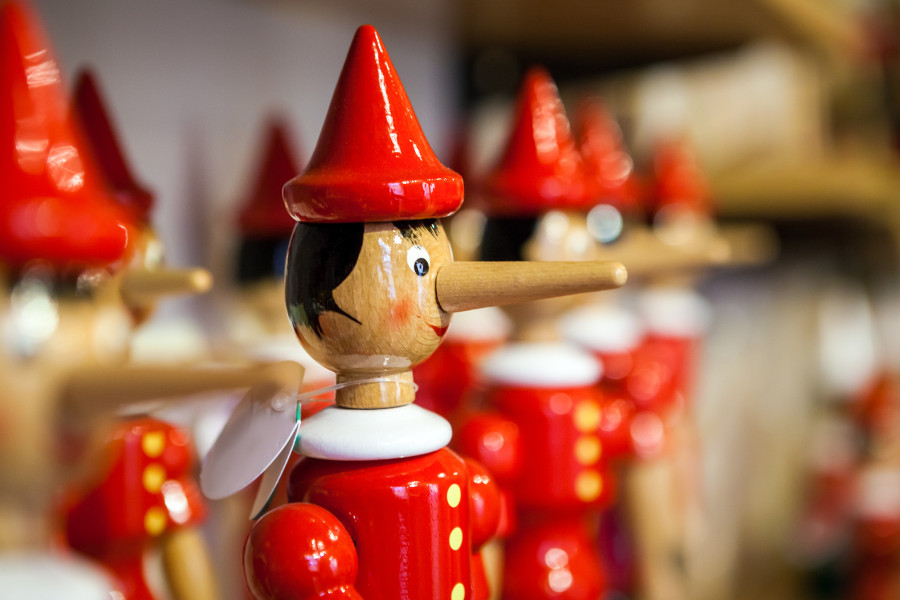Opinion
Scandals expose conflict over patronage
If Nepal is to develop, we must ensure a transition to the rule of law in the economy as well.
Ajaya Bhadra Khanal
In recent weeks, scandalous news reports have been coming out almost every day. Almost all of these events are linked to issues of governance or politics. They include detractors scuttling the MCC Compact, Nepal Trust spoiling a crony capitalist, a contractor releasing an audio record of a minister asking for a ‘commission’, the police beating a woman while she was holding a child in her arms, politicians conniving to amend the constitution, the federal government struggling to meet the growth target, Prime Minister KP Oli cutting a cake that was flown into his home district, and leaders of the ruling party bickering.
Although such scandals have put the concept of political stability under duress, there’s a positive side. They strengthen the people and allow the country to make a transition to the rule of law. But as scandals spillover, they indicate a deeper and hidden process: conflict among political leaders over patronage and control of financial interests.
Stability and political economy
During elections, Oli claimed that voting for the communist alliance was the only way to ensure political stability and deliver economic development. However, Oli’s statements now indicate that he is under threat from his own party. Such arguments promote the idea that political stability requires the move from one-party control to one-person control, which is essentially authoritarianism.
The only alternative to such interpretations is that political stability is not the continuity of an individual or a party, but a continuity of democratic institutions, policies and processes.
There is another dimension to the idea of political stability. If the political settlement process does not reflect the real balance of power in society, then political stability will always be under strain.
There are three primary sources of political power. One is popular support, which usually gets reflected in electoral results. Another is organisational clout in the party. The third is clout in the realm of political finance, which is usually hidden and reaches across national borders.
In our political analysis, we frequently miss the third element of the balance of power—the political economy. To shore up their power, politicians in Nepal almost always reach out to the financial sector. The realm of political finance is directly linked to the Nepali economy.
To gain profit, large economic sectors depend on political clout and policy corruption rather than on productivity. Big business enterprises continue to disregard the rule of law and take advantage of licensing—which means lack of competition—and corrupt regulation.
Currently, the rule of law generally applies only to small and medium enterprises. Because of collusion between large business interests and politics, the rule of law does not generally apply to large economic sectors.
Impunity and conflict
Impunity in the economic sector is as significant as impunity in politics and governance. At present, experts are advising the government to revise down the prospect of economic growth to 5 or 6 percent. Given the political stability in the last few years, Nepal could have achieved a higher growth rate. But politics has shackled the economy.
A higher growth rate requires institutional stability, fiscal discipline, good policies, and the imposition of the rule of law in the economic sector.
One reason why Nepal has been unable to make the transition to the rule of law in economic sectors is because of the linkages between politics and corruption. Then there is also widespread instability generated by the conflict over access to profit and spoils of corruption.
Political friction between top leaders is a conflict in their quest to control and patronise the kleptocracy and the networks of political finance. In recent years, individuals and systems of extraction and corruption have come together to form several smaller kleptocratic networks. Some powerful middlemen and politicians were serving to bring these networks closer.
Until now, we had seen collusion among the top political leaders, including the leaders of the opposition parties. However, Oli’s rule appears to have disrupted such collusive practices. From what has been spilt out in the public sphere, the prime minister appears to be trying to control the political competition by trying to limit their access to political finance.
In his early days of the premiership, the signs of conflict between Oli and other leaders like Pushpa Kamal Dahal was reflected in the media. The two were prone to attack or expose each other’s financial interests. Now, that squabble has spilt out wide in the open.
As long as this struggle continues, we will continue to see a scandal break out every day. The irony is, such exposes and conflicts could actually move the country in the right direction by strengthening the people and helping the transition to the rule of law.
***
What do you think?
Dear reader, we’d like to hear from you. We regularly publish letters to the editor on contemporary issues or direct responses to something the Post has recently published. Please send your letters to [email protected] with "Letter to the Editor" in the subject line. Please include your name, location, and a contact address so one of our editors can reach out to you.




 11.12°C Kathmandu
11.12°C Kathmandu.jpg)










